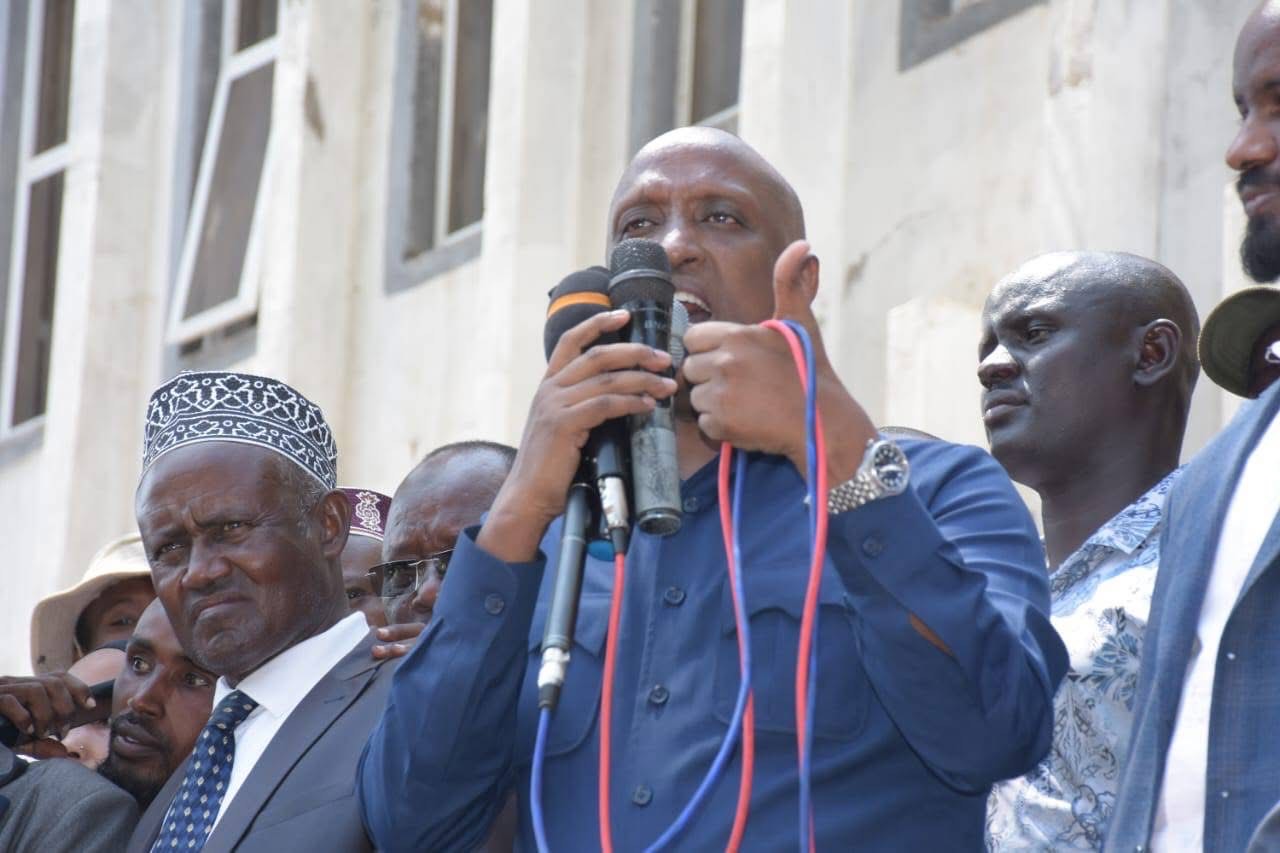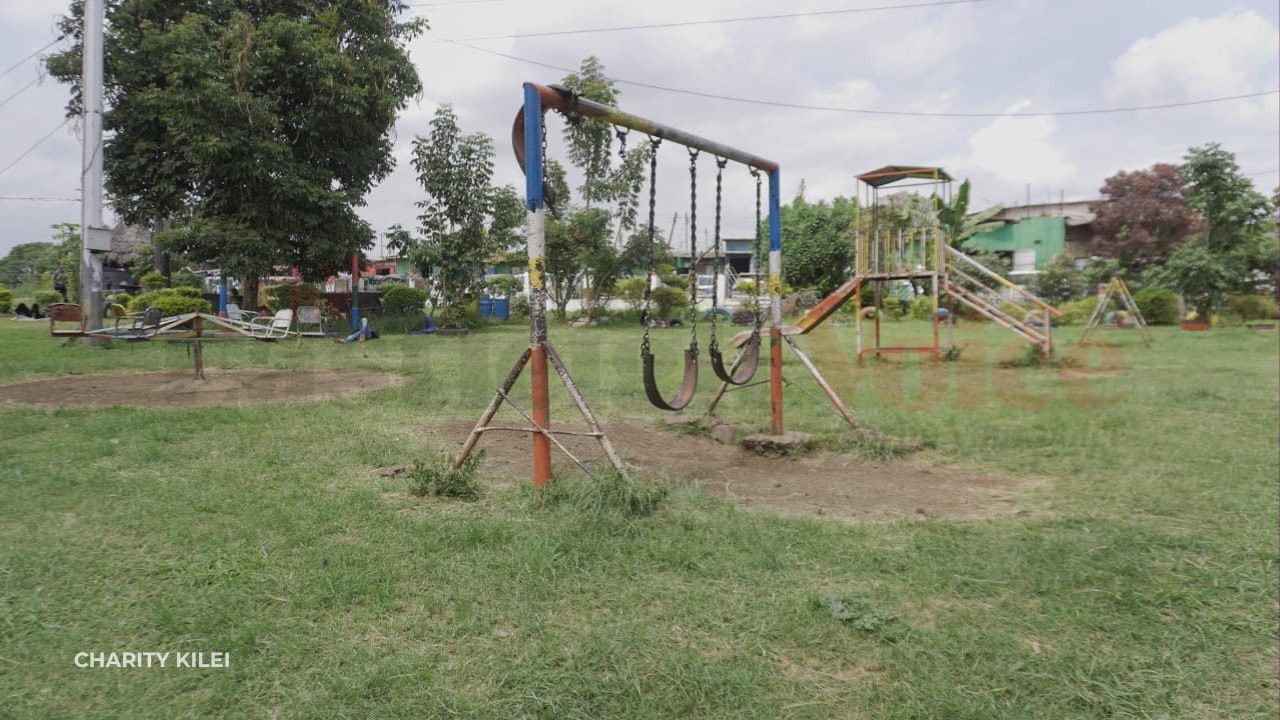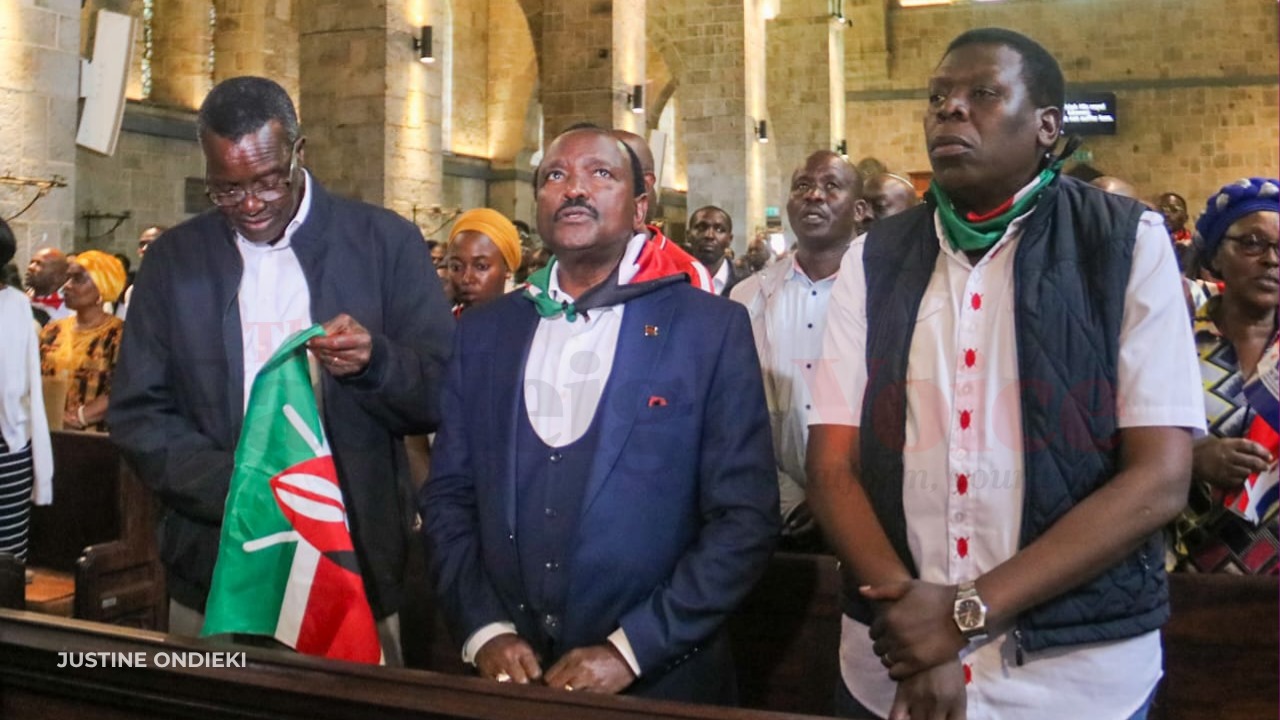High Court declares key provisions of PBO Act unconstitutional in major win for NGO rights

The judgment has been hailed as a “timely and significant win” for the rights to association, privacy, and fair administrative action.
The High Court has ruled that forcing non-governmental organisations (NGOs) to re-register, disclose private information, or operate under a government-appointed board violates the Constitution—a landmark decision that struck down several sections of the Public Benefit Organisations (PBO) Act, 2013, for infringing on fundamental freedoms.
The High Court found that such provisions were discriminatory, vague and inconsistent with Kenya’s legal protections for civil society.
More To Read
- Senate pushes for law to recall underperforming MPs and MCAs, including nominated ones
- Civil society groups in Garissa call for stricter oversight of NGOs misusing donor funds
- Finance Bill, 2025 public hearings begin in counties as MPs urge active participation
- Rose Njeri’s arrest sparks outrage over digital freedoms and police abuse in Kenya
- Kenyans invited to submit views on Finance Bill 2025 through new online portal
- NGOs in Kenya given until May 2026 to comply with new public benefits law
The judgment has been celebrated as a “timely and significant win” for the freedom of association, privacy and fair administrative action.
The ruling followed a constitutional and human rights petition filed by David Calleb Otieno, the Civil Society Reference Group, and the National Public Benefit Organisations Consortium, challenging the implementation of parts of the Act that came into force in May 2024 after years of dormancy.
The court nullified Paragraphs 5(1) and 5(2) of the Fifth Schedule, which required NGOs previously registered under the now-repealed NGO Co-ordination Act to reapply for recognition under the new law.
Justice Bahati Mwamuye found the requirement to be “an unjustified, unreasonable, and procedurally unfair limitation” on freedom of association and administrative justice, ruling that it violated Articles 36(3)(a), 47, and 27 of the Constitution.
“Requiring already compliant organisations to re-register afresh on pain of deregistration undermines legal certainty and fair process,” the court noted.
Discriminatory
Petitioners had argued that the re-registration requirement was discriminatory, especially when compared to other legal reforms involving companies and political parties, which were not subjected to similar treatment. The court agreed, finding the provision imposed an unnecessary burden and violated legitimate expectations.
Justice Mwamuye ordered the Public Benefit Organisations Authority to “automatically and unreservedly transition and register” all NGOs previously licensed under the repealed law without requiring them to submit fresh applications.
In a separate finding, the judge struck down Section 32 of the Act— which required disclosure of private information like membership lists, donor identities, and internal records—declaring it unconstitutional for violating the right to privacy.
“While transparency is important, privacy and accountability must be balanced,” Justice Mwamuye said.
Public participation
The court held that the section failed to align with the Data Protection Act, lacked sufficient safeguards, and risked discouraging public participation in sensitive causes due to fear of exposure.
The judgment also invalidated Section 35, which governs the composition of the PBO Authority Board, finding that it granted the Executive excessive influence and compromised the board’s independence.
Other Topics To Read
- National
- Public participation
- NGOs
- Non-Governmental Organisations
- PBO Act
- Administrative justice
- right to privacy
- Public Benefit Organisations Act
- fundamental freedoms
- David Calleb Otieno
- Civil Society Reference Group
- High Court declares key provisions of PBO Act unconstitutional in major win for NGO rights
- Headlines
“The Board’s lack of independence renders it unsuitable to discharge quasi-judicial functions affecting rights of PBOs,” the court ruled, citing Articles 50(1), 160, and 172 of the Constitution.
Further, the court declared Sections 50(1), 50(5), and 50(6)(c) unconstitutional for undermining the independence of the PBO Disputes Tribunal. Justice Mwamuye found fault with the tribunal’s appointment structure, which bypassed the Judicial Service Commission and allowed the PBO Authority to determine remuneration—actions that violated Articles 50(1), 160(1), 172(1)(c), and 230(4)(a) of the Constitution.
Sections 21(1) and 21(9) of the Act, which appeared to compel PBOs to join the National Federation, were also declared unconstitutional. The court held that such mandatory affiliation violated Article 36(2), which protects the right to freedom of association.
“The federation may continue to exist and operate… but the state shall not by law or policy impose it as an exclusive or compulsory representative of the PBO sector,” reads the judgment.
Also struck down was Section 23(2), which restricted recognition of PBO forums to those with a “significant number” of members. The court found this term to be vague, arbitrary, and unjustifiably restrictive of the right to association.
Administrative justice
On matters of administrative justice, the court declared Sections 18(1)–(3) and 19(1)(b) unconstitutional for allowing the PBO Authority to suspend or cancel the registration of organisations based solely on its own determination. Justice Mwamuye held that these provisions denied affected groups the right to a fair hearing, noting that allowing the same authority to investigate, accuse, and judge violated the principle of natural justice.
“These provisions fail to provide a fair hearing prior to suspension or cancellation,” the judge ruled, adding that they permitted penalties to be imposed even for minor infractions without an oral hearing. He described the process as “neither fair nor proportional.”
Reacting to the decision, lawyer Kevin Oriri, who represented the petitioners, termed the judgment a defining moment for civil rights in Kenya.
“The High Court has delivered a timely and significant win for the freedom of association, the right to fair hearing/fair administrative action and the right to privacy in the face of an increasingly autocratic regime,” he said.
“This is a much-needed push back by civil society organisations that were on the cusp of being regulated by some extremely regressive sections of the Public Benefit Organisations Act.”
The High Court issued seven declaratory orders, including the nullification of the re-registration requirement, rejection of mandatory membership to the national federation, invalidation of the regulatory board and tribunal structures, and the striking down of intrusive disclosure provisions.
The court also ordered the automatic recognition of all NGOs registered under the repealed law.
Top Stories Today












































